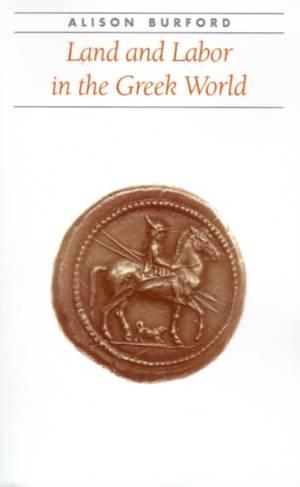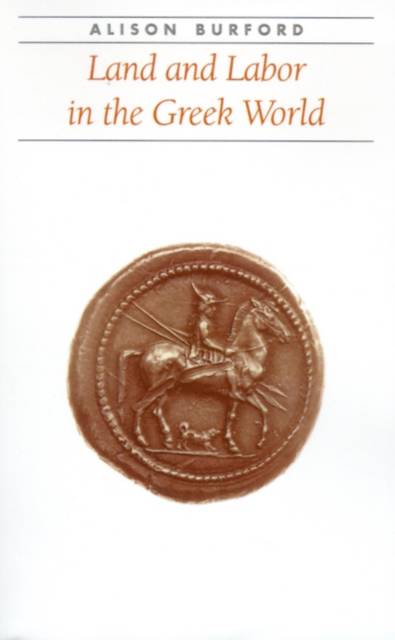
- Retrait gratuit dans votre magasin Club
- 7.000.000 titres dans notre catalogue
- Payer en toute sécurité
- Toujours un magasin près de chez vous
- Retrait gratuit dans votre magasin Club
- 7.000.000 titres dans notre catalogue
- Payer en toute sécurité
- Toujours un magasin près de chez vous
Description
What value did the Greeks put on farming beyond its capacity to produce food? Who owned the land, and who worked it? Alison Burford examines the Greeks' preoccupation with land and agriculture to understand the nature of their society and culture in general. She focuses on how the need to make the land productive influenced social, economic, and cultural beliefs and practices throughout Greek society. Specific areas of study include land allotment in the early settlements, the function of the antidosis, Xenophon's true intent in his Oeconomicus, the understanding and use of the term peasant, environmental concerns, and nationalist feelings among tied laborers.
"Whatever the balance of power and social prestige within a comunity, and however they were expressed in its constitution, landed interests played a critical role in determining political relationships and economic activities. The answer found to the question 'Who labored on the land?' shaped as decisively as anything else the character of Greek society . . . .There can be little doubt that whenever a steady breeze got up about threshing time, most people in the Greek world would have remarked, 'Here was a fine day for winnowing.'" -- from Land and Labor in the Greek World.
Spécifications
Parties prenantes
- Auteur(s) :
- Editeur:
Contenu
- Nombre de pages :
- 304
- Langue:
- Anglais
- Collection :
Caractéristiques
- EAN:
- 9780801866708
- Date de parution :
- 19-10-00
- Format:
- Livre broché
- Format numérique:
- Trade paperback (VS)
- Dimensions :
- 147 mm x 215 mm
- Poids :
- 385 g







